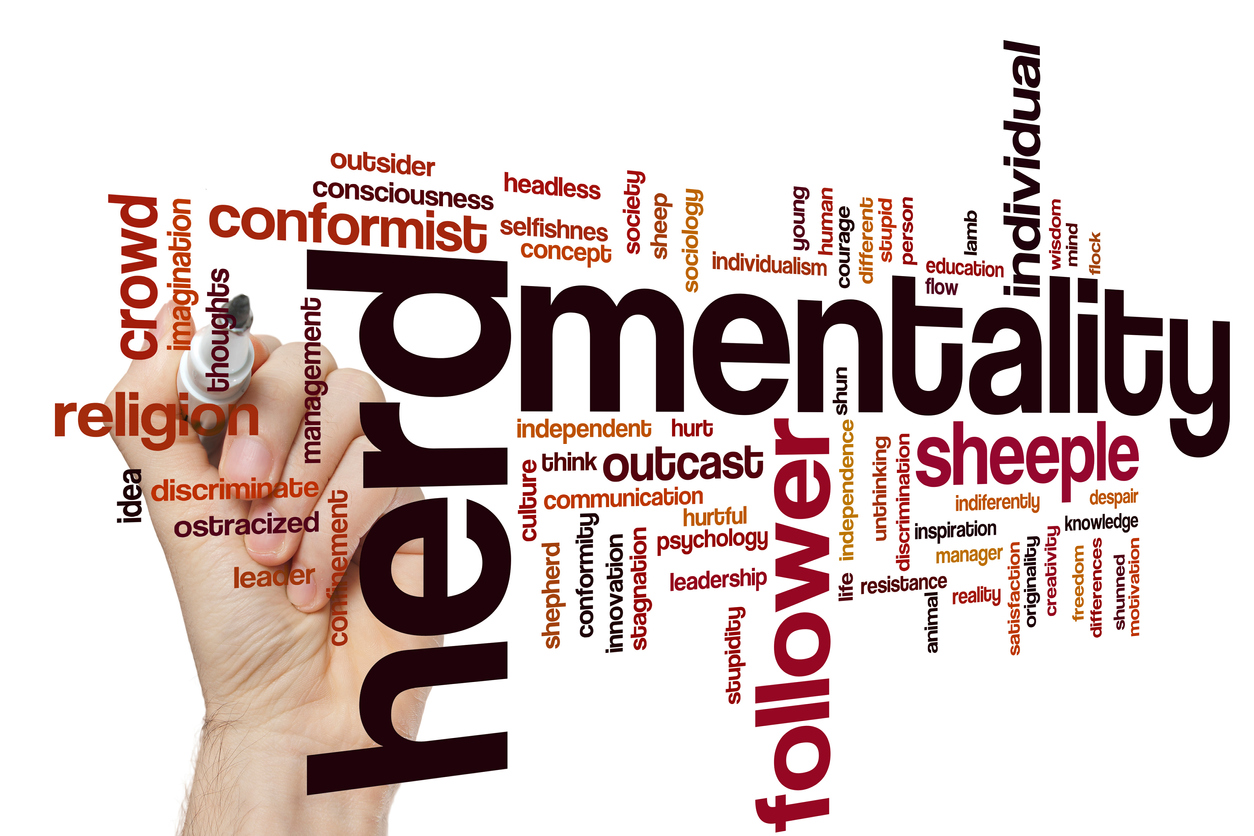
Human beings are a social species. We are not the strongest or fastest creatures in the animal kingdom. What puts us at the top of the food chain is our ability to band together and our ability to specialize. The human survival strategy in part comes from our ability to find enough similarity so that we can connect and create groups. We have entire regions of our brains dedicated to language acquisition and empathy. When we are prosocial, our body releases the hormone oxytocin, which reinforces ingroup bonding (Sapolsky, 2017). Ingroup bonding is associated with survival in a social species. When we engage in an activity that has been conditioned to be associated with survival, our internal reward system rewards us by releasing a hormone referred to as dopamine (Sapolsky, 2017). Human beings find pleasure and meaning through relationships. We are geared for connection. In the Mandt System, our primary focus is on the creation, maintenance, and growth of healthy relationships.
The other major survival strategy of human beings is our ability to specialize. We are tool users and problem solvers. To develop the vast technology that we rely on today, we have had to honor diversity enough so that we can tap into the unique strengths and talents of individuals. We have entire regions of our brain dedicated to logical thought and long term memory, which enhance our ability to specialize as tool builders. In short, human survival is a balancing act between solidarity and autonomy.
Human society has grown to such an extent that in our specialization, we often create ingroups that echo our own thoughts and beliefs back to us. In other words, we do not just specialize in occupations, we also specialize in worldviews. During stressful times, we often rely on our ingroup bonding to help us to manage the stress. This is healthy. However, an unfortunate occurrence is that oxytocin, the ingroup bonding hormone, also seems to reinforce pushing the outgroup further away (Sapolsky, 2017). This is a process sometimes referred to as “othering”. Basically, people sometimes bond with their ingroup by diminishing the outgroup. This is an unhealthy coping strategy that uses the outgroup as a scapegoat for stress felt by members of the ingroup. One of the primary tools used to do this is language. Language is powerful. People have created entire systems of jargon based on “othering” people. Human service organizations do this by accident sometimes when a person receiving services is referred to by their most challenging behavior (“she’s a cutter”). Sometimes language can even be dehumanizing. Oppressive regimes and others throughout history have used terms like “vermin”, “pigs”, “sheep”, or “sheeple”, when referring to members of a perceived outgroup. This is dangerous because it allows one group of people to view another group as less than human. This has historically been one of the stepping stones to the worst atrocities in history (Zimbardo, 2007).
Lately I’ve seen a lot of people using the term “sheeple” on social media to describe people who subscribe to a different worldview than they do. It’s dehumanizing language, and it isn’t helping anyone during these conflicted times. Sheep, like people, are a social species. Sheep do not specialize to any major extent like humans do. Sheep are sheep and humans are humans. There is no such thing as “sheeple”. In the context of our Mandt view on the importance of building healthy relationships, we would strongly advocate against such language and or branding.
John Windsor – Mandt Faculty



